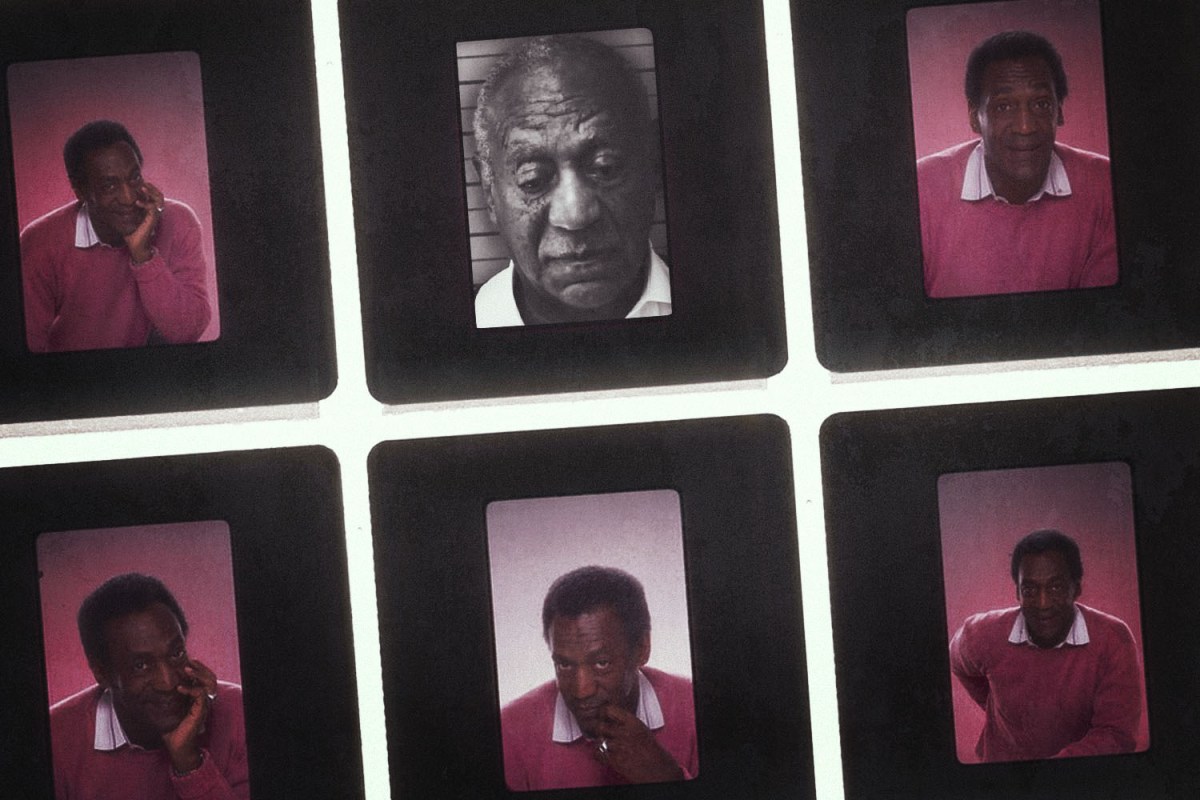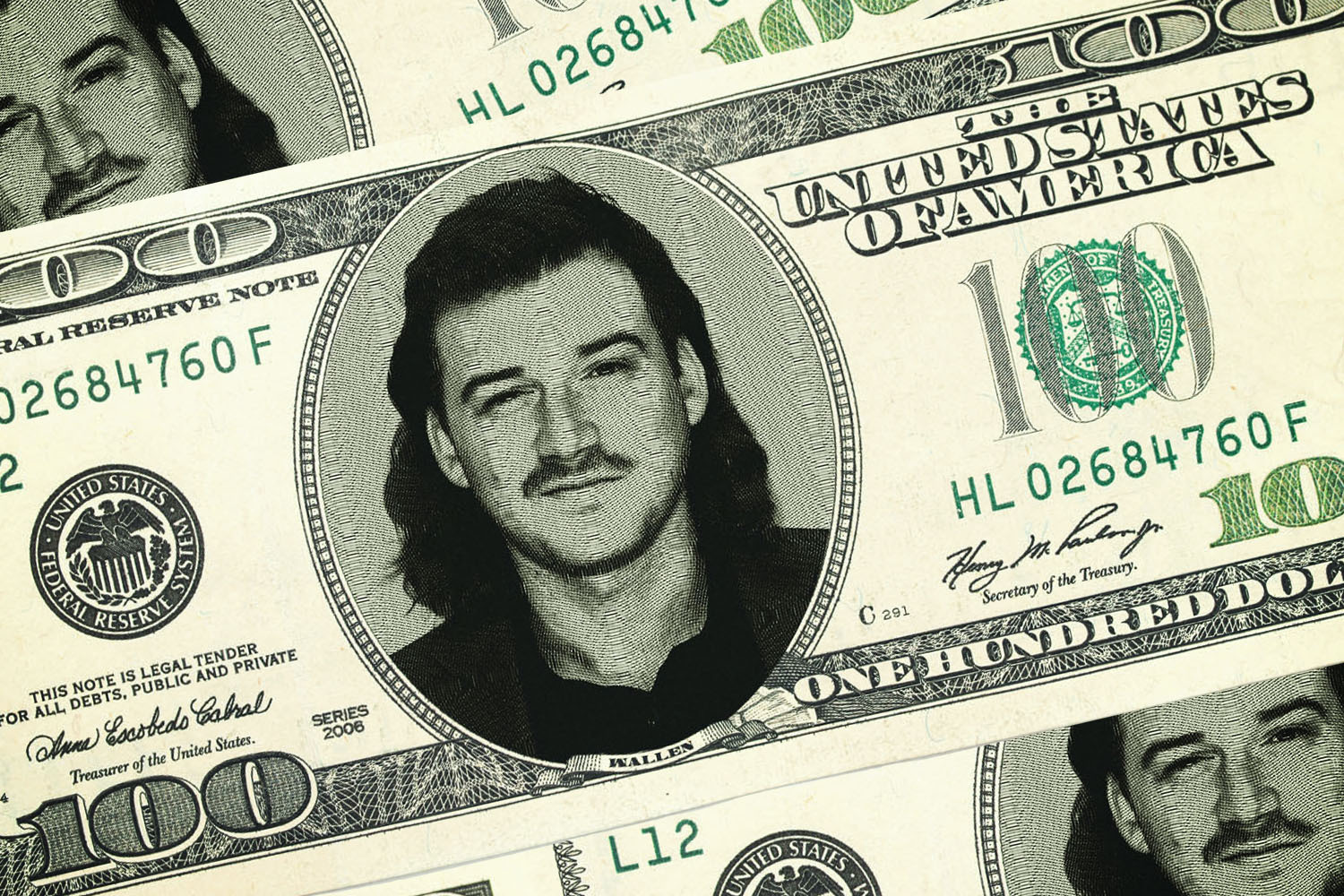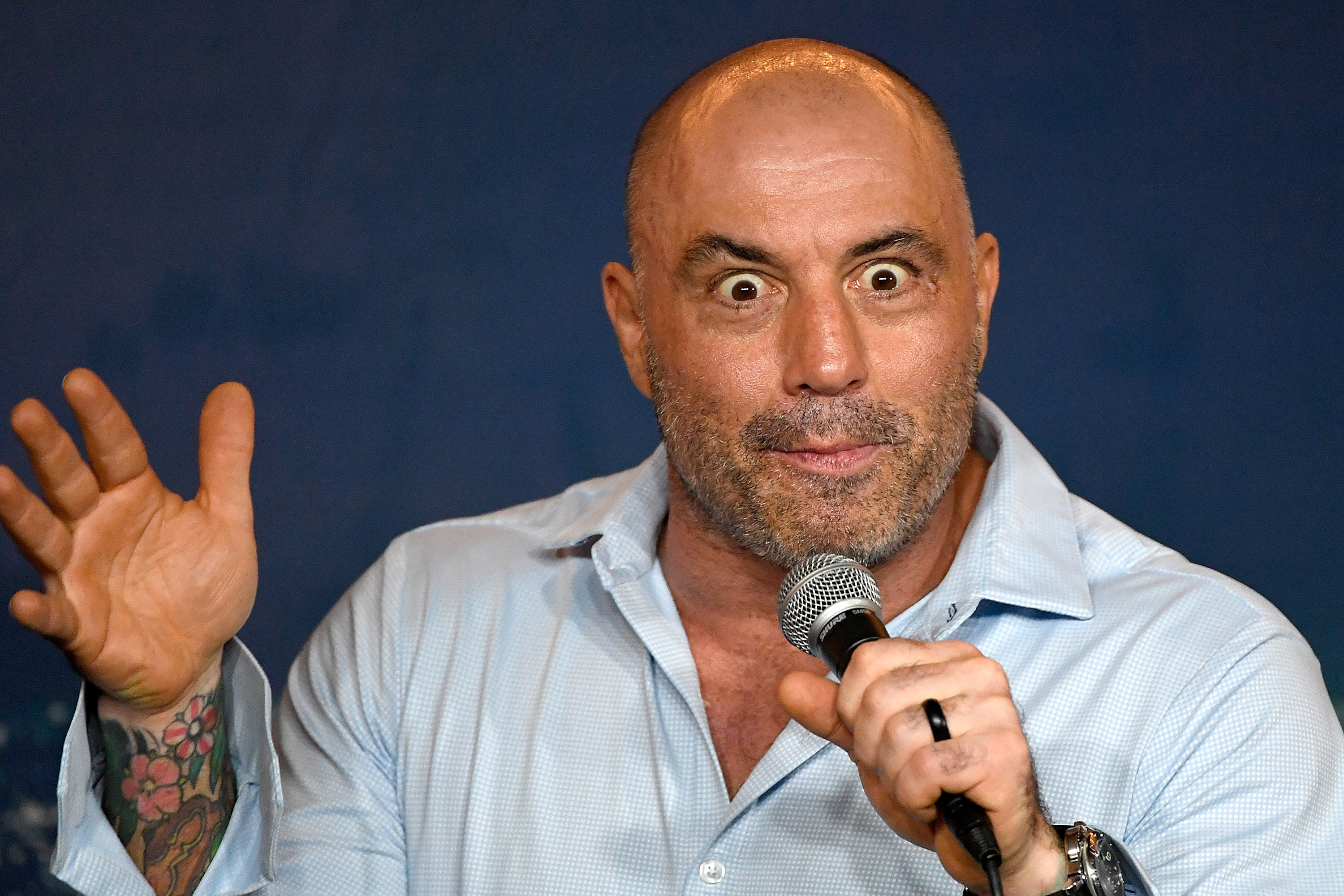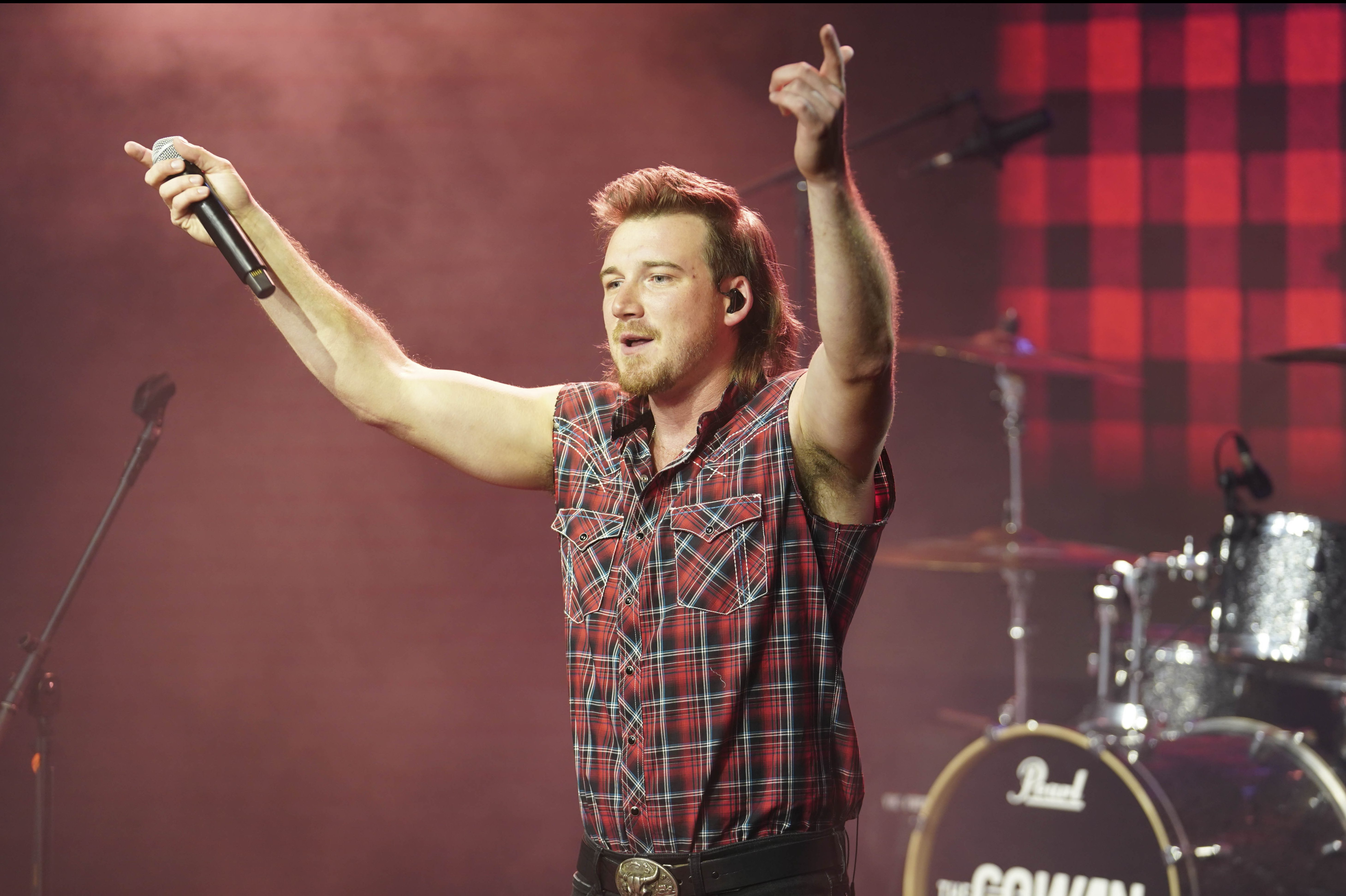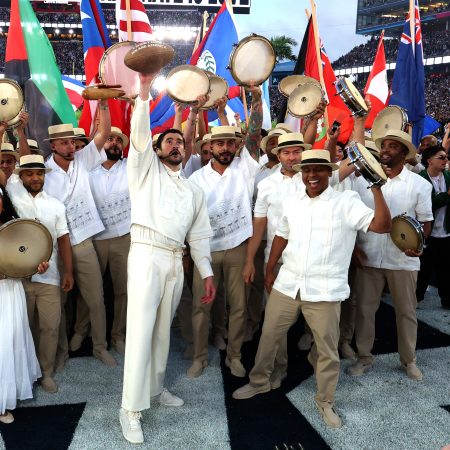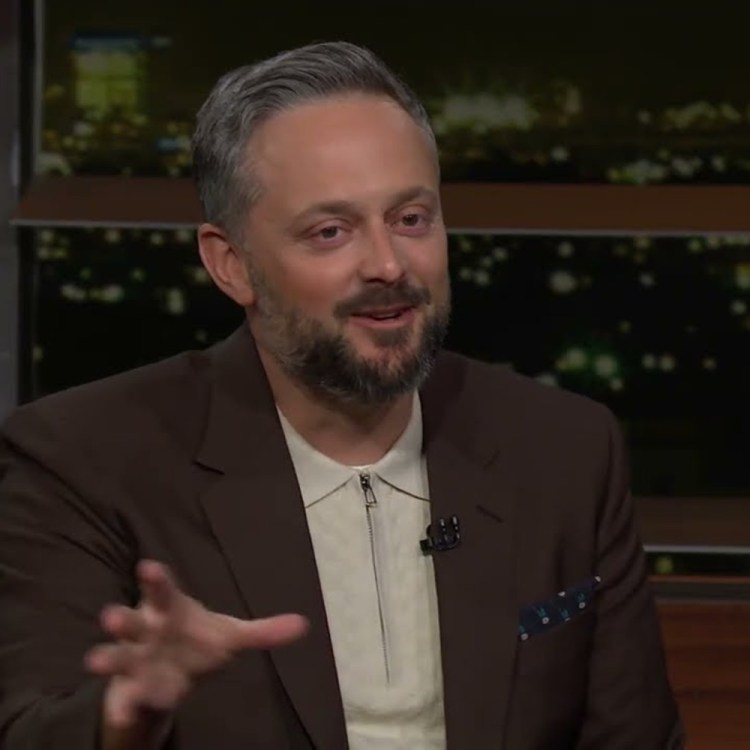For as long as there have been monstrous people making beloved or thought-provoking works of art — in other words, forever — there have been spirited debates over whether or not it’s possible to separate the art from the artist. It’s an impossible question, one whose answer depends entirely on the severity of each individual’s alleged misdeeds and the mental gymnastics we’re all willing to do to justify listening to a piece of music or watching a movie made by someone who has been accused of horrific crimes. It’s hardly ever cut and dry, but some cases in particular carry added cultural weight. What do we do, for example, about the legacy of a man who broke color barriers and changed the way Black people were portrayed on TV while also allegedly drugging and raping dozens of women over the course of his storied career?
That’s the question posed by We Need to Talk About Cosby, Showtime’s new four-part docuseries directed by comedian and self-described “child of Bill Cosby” W. Kamau Bell. How do we reconcile Cosby the groundbreaking performer — the actor whose turn on I Spy in 1965 made it the first weekly dramatic TV series to feature a Black person in a starring role, who became the first Black person to ever win an Emmy award for acting the following year, and of course whose work on The Cosby Show marked a significant shift in the way Black families were represented onscreen — with Cosby the serial rapist? Can we appreciate the significant cultural contributions while also acknowledging the sickening abuse he’s accused of, or should his work be scrubbed from public consciousness entirely? When we describe him to future generations, what will we lead with? Will we say he’s a television pioneer who, yes, also very likely raped or sexually assaulted more than 60 women, or will we tell them he’s, as Boston Globe editor Reneé Graham bluntly puts it in the doc, “a rapist who had a TV show once”?
We Need to Talk About Cosby doesn’t provide any definitive answers to those questions, but it jump-starts the conversation by delving into Cosby’s work, his crimes and — most importantly — how the former is more connected to the latter than we may have realized. Bell goes out of his way to remind us of all the warning signs that were present in Cosby’s work but ignored for decades, highlighting the comedian’s history of doing bits about drugging women with the aphrodisiac Spanish Fly — from his 1969 stand-up album It’s True! It’s True! to a 1991 interview with Larry King — as well as a Cosby Show storyline in which his character Cliff Huxtable slyly brags about the way his homemade barbecue sauce “makes people get all huggy-buggy.”
Conversations about some of the lesser-known ways in which Cosby worked to combat racism in his industry — including a segment about how he refused to have a white stunt double on I Spy and helped eradicate the practice of “painted down” white stuntpeople in blackface doubling for Black performers — are countered with harrowing firsthand accounts of abuse from some of his victims. Those accounts are often difficult to watch, as they go into graphic detail and (rightfully) shatter our image of the man once dubbed “America’s Dad,” but they’re important to take in. The more we hear, the more haunting it is how similar all these stories are; Cosby offers to mentor a woman, in many cases under the guise of “acting exercises,” offers her a drink to “loosen her up,” she becomes incapacitated due to whatever he slipped into her beverage, and then next thing she knows, she’s being violated in some horrific manner.
However, even outside of the sexual abuse, the series points out, the real-life Cosby was often at odds with his public persona. Bell addresses the skepticism surrounding Cosby’s PhD, calling attention to longtime rumors that the education advocate had Fat Albert writers pen his thesis for him and pointing out that his many sizable donations to historically Black universities were, to some degree, a way for him to purchase clout and shield himself from criticism from his community by indebting them to him. There’s also plenty of time in the doc devoted to the controversial ways Cosby seemed to blame Black men for the systemic racism they were made to endure. Several comics and academics recall receiving angry phone calls from Cosby admonishing them for swearing, and we’re presented with segments from his woefully out-of-touch “pound cake speech” from a 2004 NAACP event, where he blamed Black men for being murdered by police, saying, “These are people going around stealing Coca-Cola. People getting shot in the back of the head over a piece of pound cake! And then we all run out and are outraged, ‘The cops shouldn’t have shot him.’ What the hell was he doing with the pound cake in his hand?”
The hypocrisy and warning signs were there all along, and We Need to Talk About Cosby is at its best when it sheds light on the systems and individuals who enabled Cosby for decades. Cosby Show cast members recall seeing groups of models ushered one at a time into his dressing room after tapings of the show, and TV critic Maureen Ryan points out that Cosby had a new sitcom in development at NBC in 2014, years after the first allegations against him began trickling out. She cites an absolutely vile quote from the network’s former chair Bob Greenblatt in which the exec attempted to explain in early 2015 why it took so long for Cosby to lose his show: “While over the years we’d heard some of those accusations and we heard there were a couple of settlements, it didn’t seem to be the kind of thing that was critical mass,” he said. When pressed by a reporter to clarify how many allegations constitute a “critical mass” in his mind, he snapped, “You want me to put a number on it? 15, yes. Two no. Yeah. Do you really want me to answer that question?”
It’s insane to think that just seven years ago, an executive like Greenblatt would feel comfortable admitting (on the record, no less!) that he’s willing to turn a blind eye to rape allegations until they total more than a dozen and become bad PR for his company. It’s easy to see how Cosby got away with it for so long: as long as he continued to bring in ratings, no one in a position of power was especially concerned with whether or not he was harming women. Ultimately, that’s the lesson of We Need to Talk About Cosby — that maybe, at a certain point at least, the art and the artist are one and the same; they become a commodity, one that countless other people stand to make a lot of money off of, and they use the power that comes from lining people’s pockets to exploit others. That’s something we need to keep talking about long after Cosby is dead and gone.
This article appeared in an InsideHook newsletter. Sign up for free to get more on travel, wellness, style, drinking, and culture.
